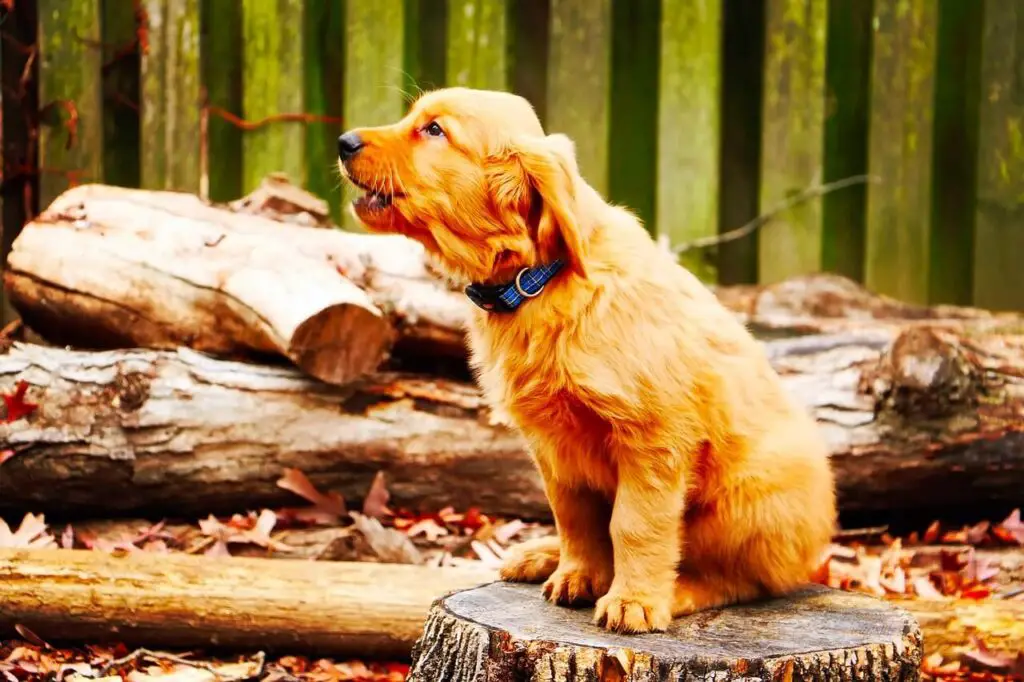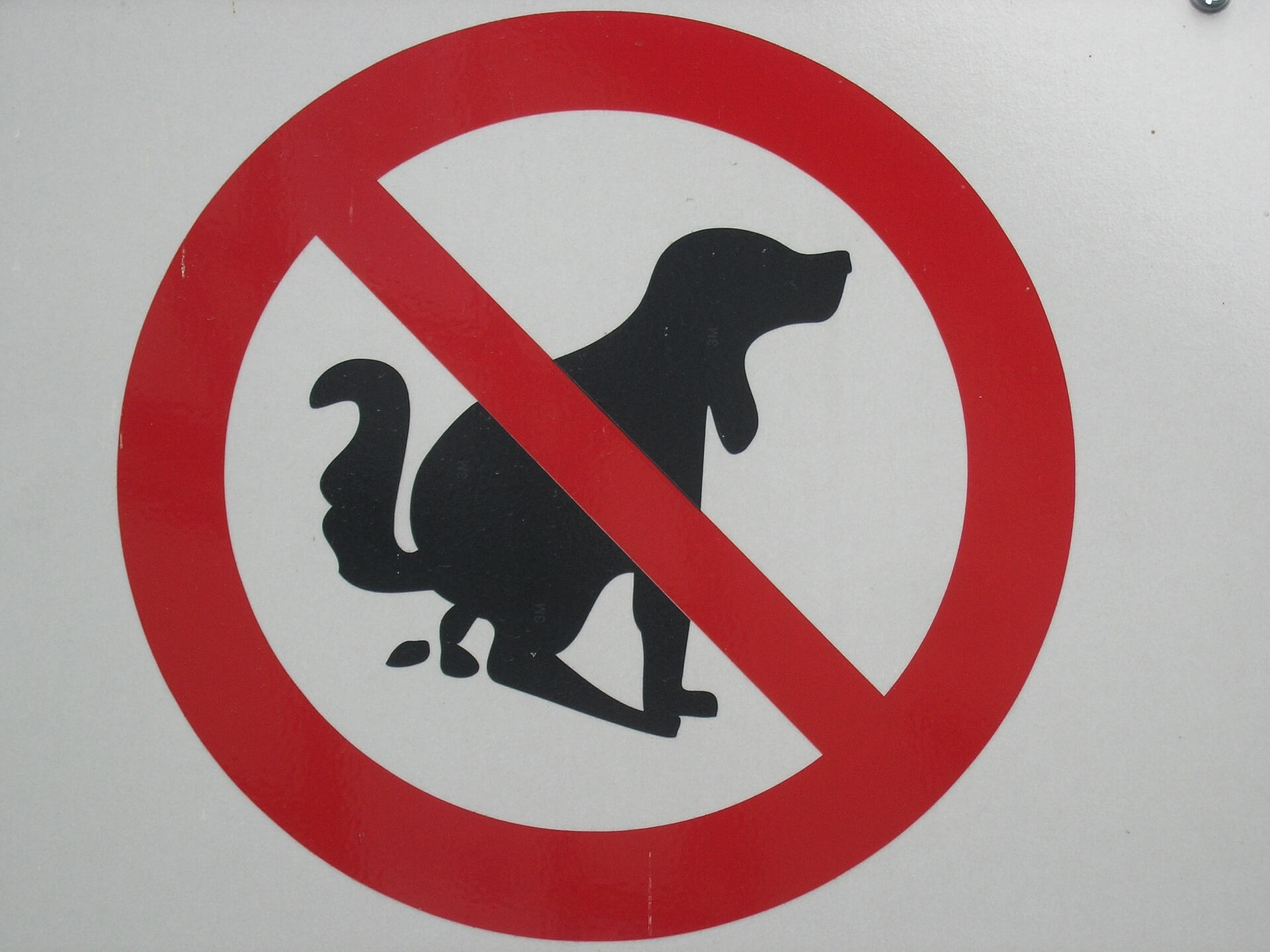Having a neighbour whose garden is filled with dog poo can be an unpleasant and challenging situation. Not only does it create a nuisance, but it can also pose health risks and impact the overall enjoyment of your property. In this guide, we will explore the legal aspects, potential solutions, and steps you can take to address the issue of a neighbour’s garden full of dog poo in the UK.
Dog Fouling Law on Private Land UK
Dog fouling is a common issue in the UK, and it’s important to be aware of the laws and regulations surrounding it.
Dog owners have a legal obligation to clean up after their pets in public areas. However, unfortunately the law does not specifically cover private property.
However, under the Environmental Protection Act 1990 if the dog poo is causing a ‘statutory nuisance’ then the local authority can investigate and take action if necessary.
The Impact on Neighbours
A garden filled with dog waste can have various negative impacts on neighbours, for example:
- It poses health hazards as dog faeces can contain harmful bacteria and parasites that can be transmitted to humans.
- The unpleasant odour and unsightly appearance can significantly affect the enjoyment of your own property.
- The dog poo can attract flies which then come into your garden or house.
- If you’re looking to sell your property, a neighbour’s garden filled with dog poo can decrease the value and deter potential buyers.

Initiating Communication with the Neighbour
Addressing the issue directly with your neighbour is usually the first step towards resolving the problem.
Approach the conversation with respect and a cooperative mindset. Choose an appropriate time and place for the discussion, and calmly express your concerns about the impact the dog waste is having on your well-being and property.
If face-to-face communication seems challenging, consider writing a polite and constructive letter to your neighbour, emphasising the importance of finding a solution that benefits both parties. I have a blog on how to write a complaint letter to a neighbour that you can read here.
If your neighbour rents their property then you should contact the landlord, as not clearing up the mess will most likely be in breach of their tenancy agreement. I have an article on how to locate a landlord that you can read here.
Gather Evidence of Your Neighbours Garden Full of Dog Poo
When reporting a neighbour’s garden full of dog poo to the environmental health department, gathering appropriate evidence can strengthen your case.
Here are some types of evidence you can collect:
- Photographs or videos: Capture clear visual evidence of the dog waste in your neighbour’s garden. However, be careful not to breach your neighbour’s privacy.
- Dates: How long has the problem been going on? Make a note of when the poo started causing you a nuisance and if the situation has improved or worsened.
- Descriptions and observations: Provide detailed descriptions of the flies or the odour issues etc and how severe it is. This can help demonstrate the frequency and severity of the problem over time.
- Witness statements: If other neighbours have also witnessed the problem or have been affected by it, consider obtaining their statements. These statements can add credibility and support your complaint.
- Communication records: Keep a record of any written or verbal communication you have had with your neighbour regarding the issue. This includes letters, emails, text messages, or any relevant conversations.
Remember, it is important to gather evidence lawfully and respect privacy boundaries. Avoid trespassing on your neighbour’s property while collecting evidence.
Presenting a comprehensive collection of evidence to the environmental health department can help them assess the situation accurately and take appropriate action.
Report dog fouling in a neighbour’s garden to the Council
If you have tried talking to your neighbour without success, involving local authorities may become necessary.
It will be the Environmental Health department who deals with dog poo in neighbours garden.
Below are the steps the council will take to resolve the issue:
Step 1 – Report the dog fouling on private property to your local council or environmental health department, providing specific details of the problem and its impact on your daily life. Provide evidence showing the nuisance it is causing.
Step 2 – The local authority will usually visit your property to see the issue first-hand. They will want to establish if the mess is severe enough for them to take matters further.
Step 3 – Local authorities have the power to enforce regulations and take appropriate action against dog owners who fail to address the issue. They will approach your neighbour and request them to clean the mess and also explain the importance of them regularly cleaning the poo. Hopefully, this resolves the issue.
Step 4 – If the issue continues and the council can determine it is causing a ‘statutory nuisance’ then they can serve a notice on your neighbour to clean the mess. They may also fine your neighbour.
Step 5 – If your neighbour doesn’t comply with the notice then can take further legal action.
What makes neighbours’ dog poo a statutory nuisance?
To be classified as a statutory nuisance, the problem must be deemed to go beyond normal levels of tolerance and interfere with a person’s enjoyment of their property.
It must also be persistent or recurring in nature.
Examples of statutory nuisances related to dog fouling can include a neighbour’s garden consistently being filled with dog waste, leading to health hazards, unpleasant odours, and a negative impact on the surrounding environment.
Seeking Legal Advice
In certain situations, seeking legal advice from a solicitor becomes necessary if your neighbour’s garden is full of dog poo in the uk.
To justify instructing a solicitor the issue will need to be having a real negative impact on your enjoyment of your property, or if you are struggling to sell your property because of the dog poo next door.
A solicitor can guide you through the legal options available and help you understand your rights.
They can advise you on potential legal actions to take against your neighbour, such as seeking an injunction or damages for the impact the dog waste has had on your property or well-being.

Prevention and Self-Help Measures
While addressing the issue with your neighbour and seeking legal recourse, you can also take proactive measures to protect yourself and your property.
Consider installing fences or barriers (if you don’t already have a solid fence), so you don’t need to see the mess. You could plant large hedges as these may also help with the smell but I appreciate this isn’t a quick solution.
Laurel hedging is quick growing and has thick leaves so could be a good option.
I know it doesn’t resolve the issue but you could buy scented candles to use when you are outside.
Yankee Candle has a citronella candle that is designed to be used outside which might help while you are waiting for the council to undergo their investigations.
If your neighbour is leaving the dog poo in their front garden, you could consider installing a ring doorbell or home security system, so you can gather evidence.
Final Thoughts If Your Neighbour’s Garden Is Full of Dog Poo UK
Dealing with a neighbour’s garden full of dog poo in the UK can be a challenging situation, but it’s crucial to take proactive steps to address it.
There is a story in the news about a man getting fined £750 for not clearing up dog poo in his garden. You can read the story here.
Understand the legal aspects, communicate with your neighbour, and involve the local authorities if necessary.





Leave a Reply